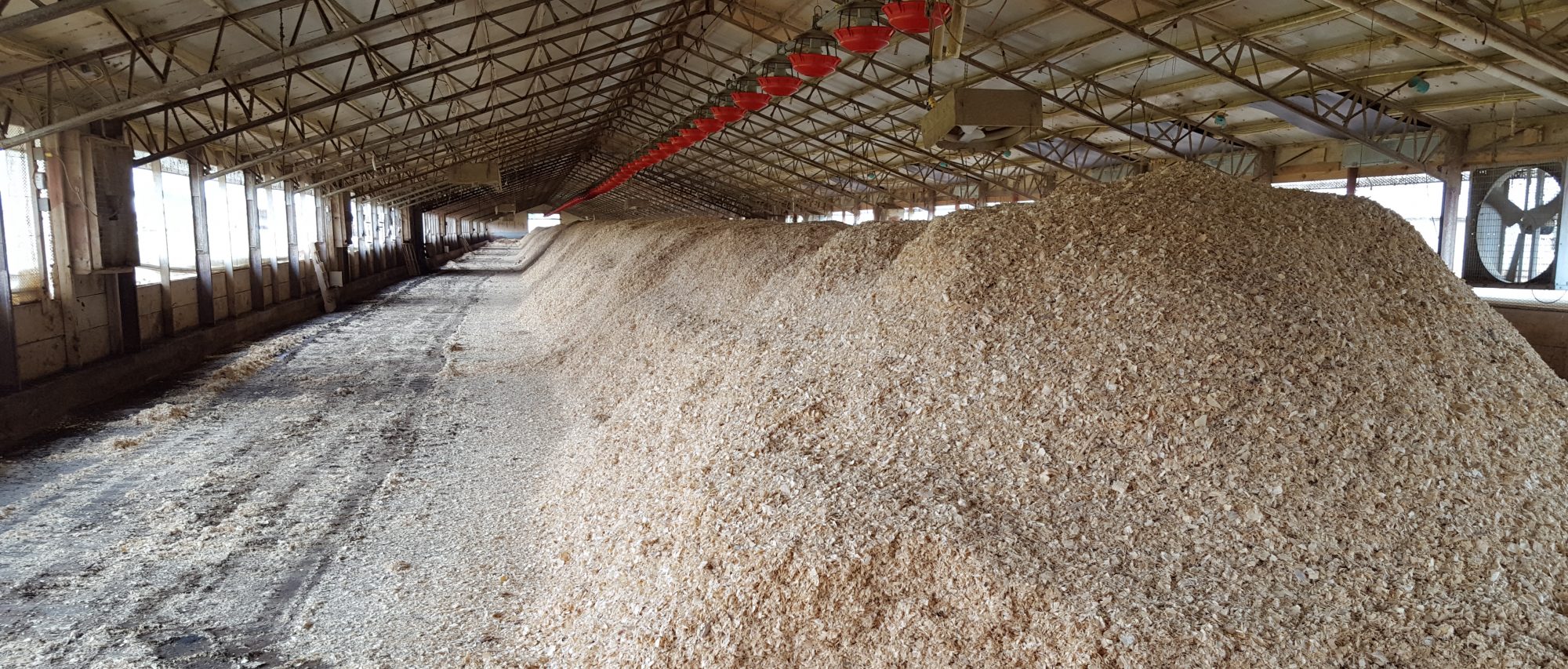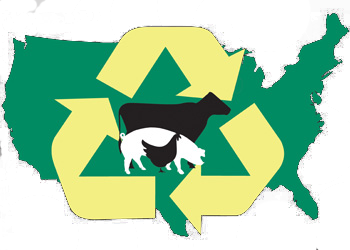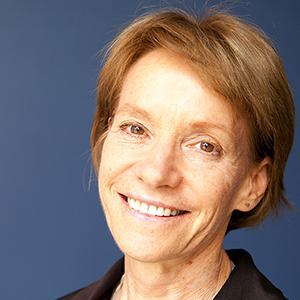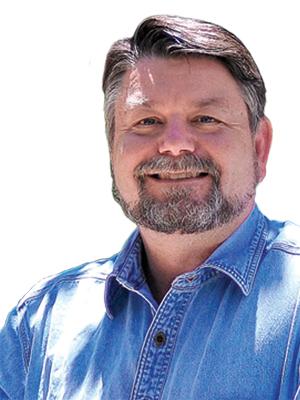Waste to Worth Conference; April 1, 2015
Challenges and Opportunities for Animal Agriculture In a Dynamic Water-Energy-Food-Land Nexus – Some International Perspectives
Dr. Beverley Henry – Associate Professor, Institute for Future Environments, Queensland University of Technology
Dr. Henry is a Principal Research Fellow in the Institute for Future Environments at Queensland University of Technology, and an agricultural consultant. She has almost 30 years’ experience working in academic, government and agricultural industry organisations on research areas that include managing for climate variability, sustainable land management, resource use efficiency, food security and climate change and greenhouse gas mitigation. She participates in advisory and technical groups for several national and international organisations including the UN Food and Agriculture Organisation, International Standards Organisation and the International Wool Textile Organisation.
Droughts and Climate Extremes: Lessons for the Future
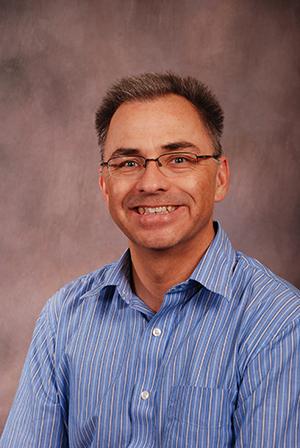 Dr. Mike Hayes – Director, National Drought Mitigation Center, University of Nebraska – Lincoln
Dr. Mike Hayes – Director, National Drought Mitigation Center, University of Nebraska – Lincoln
Dr. Michael Hayes is currently the Director for the National Drought Mitigation Center (NDMC) located within the School of Natural Resources at the University of Nebraska-Lincoln. He became the NDMC’s Director in August 2007 and has worked at the NDMC since it was founded in 1995. The NDMC now has 17 faculty and staff working on local, tribal, state, national, and international drought-, climate-, and water-related issues. Dr. Hayes’ main interests focus on drought risk management strategies. Dr. Hayes received his academic degrees from the University of Wisconsin-Madison and the University of Missouri-Columbia.
Measuring the Environmental Hoofprint of Dairy and Beef Production Systems
View proceedings paper and recorded presentation….
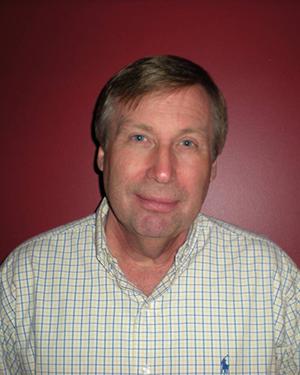 Dr. C. Alan Rotz – Agricultural Engineer, USDA Agricultural Research Service, University Park, Pennsylvania
Dr. C. Alan Rotz – Agricultural Engineer, USDA Agricultural Research Service, University Park, Pennsylvania
Life cycle assessment requires good data on the inputs and outputs of the system, and process level simulation of farm or ranch production can help provide this information. Life cycle assessment is best used to monitor the impact of system changes such as those imposed by climate change.
Dr. Rotz is an Agricultural Engineer with the USDA’s Agricultural Research Service. His work has included the development, evaluation and application of a farm simulation model used to evaluate and compare the performance, economics, and environmental impacts of farming systems. His current work emphasizes the measurement and modeling of gaseous emissions from farms and the environmental and economic sustainability of farm production systems. Al grew up on a dairy farm in southern Pennsylvania. He holds degrees from Elizabethtown College and The Pennsylvania State University. He spent three years as an Assistant Professor at Michigan State University before joining the Agricultural Research Service in 1981. For 16 years, he led the East Lansing Cluster of the U.S. Dairy Forage Research Center. Since 1997, he serves as the lead scientist of the integrated farming systems project at the Pasture Systems and Watershed Management Research Unit in University Park, Pennsylvania. He is a Fellow of the American Society of Agricultural and Biological Engineers and a registered Professional Engineer in the State of Michigan. He is also a member of the American Dairy Science Association, the American Forage and Grassland Council, and the Pennsylvania Forage and Grassland Council.
How climate change impacts manure management systems
View the recorded presentation…
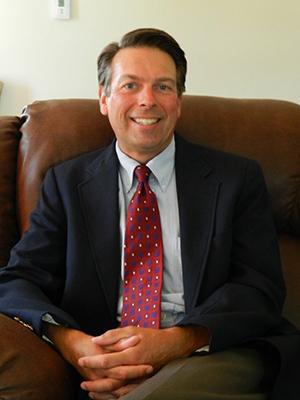 Karl Czymmek, J.D. – Senior Extension Associate, Cornell University PRO-DAIRY Program, Cornell University, Ithaca, NY
Karl Czymmek, J.D. – Senior Extension Associate, Cornell University PRO-DAIRY Program, Cornell University, Ithaca, NY
Changing weather patterns will require dairy producers to further intensify manure management in order to meet environmental expectations and regulations. Considerations, impacts and potential solutions will be discussed with an eye toward differences between humid and arid regions.
Mr. Czymmek:
- Member of the PRO-DAIRY team since 1999.
- Statewide extension responsibilities in the area of nutrient management for field crops with emphasis on CAFO and environmental regulatory issues.
- Key collaborator with the Nutrient Management Spear Program at Cornell University.
- Holds a BS degree from Cornell University majoring in Agronomy and a JD (Juris Doctor) degree from University of Buffalo School of Law.
- Admitted to the NY Bar in 1994.
- Has work experience on farms and in the private and public sectors.
- Works with producers, public and private planners, researchers and state and federal agency staff to communicate issues relating to farming, regulations and science with the goal to help design and implement practical solutions that enhance farm production and sustainability.
Adapting Agriculture to Sustainably Feed the World
Dr. Marty Matlock – Executive Director, Office for Sustainability, Biological & Agricultural Engineering, University of Arkansas
Future challenges and opportunities for animal agriculture to increase food production with fewer resources and less environmental impact.
Dr. Matlock is Executive Director of the UA Office for Sustainability and Professor of Ecological Engineering in the Biological and Agricultural Engineering Department at the University of Arkansas. He received his Ph.D. in Biosystems Engineering from Oklahoma State University in 1996, is a registered professional engineer, a Board Certified Environmental Engineer, and a Certified Ecosystem Designer. Dr. Matlock has co-authored three books, more than 50 peer-reviewed manuscripts, and has been awarded two US and five international patents. The focus of Dr. Matlock’s research is development of technologies and processes to increase the resilience and effectiveness of human-dominated ecosystems. His work is interdisciplinary by nature; he works in urban, agricultural, and rural systems with ecologists, engineers, architects, social and political scientists, agricultural scientists, economists, and business leaders to solve complex problems. His interdisciplinary work has been recognized by the leading organizations in architecture, landscape architecture, and sustainable design with over 25 national and international awards. He coordinates academic, research, outreach, and facilities efforts in sustainable systems across the UA campus, and has led numerous sustainability initiatives from local to international in scope. He serves on the US Secretary of Agriculture’s Committee for the 21st Century, as Chairman of the Cherokee Nation Environmental Protection Commission, on the Arkansas-Oklahoma Governor’s Commission for the Illinois River, and as science advisor for sustainability for 12 food and agricultural product companies.
